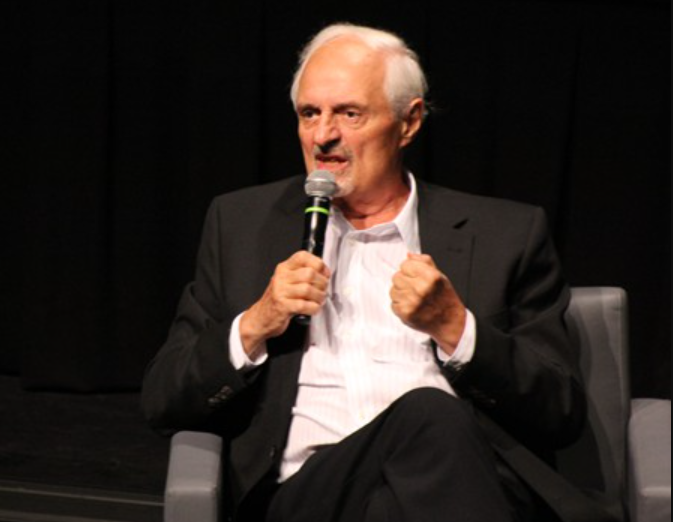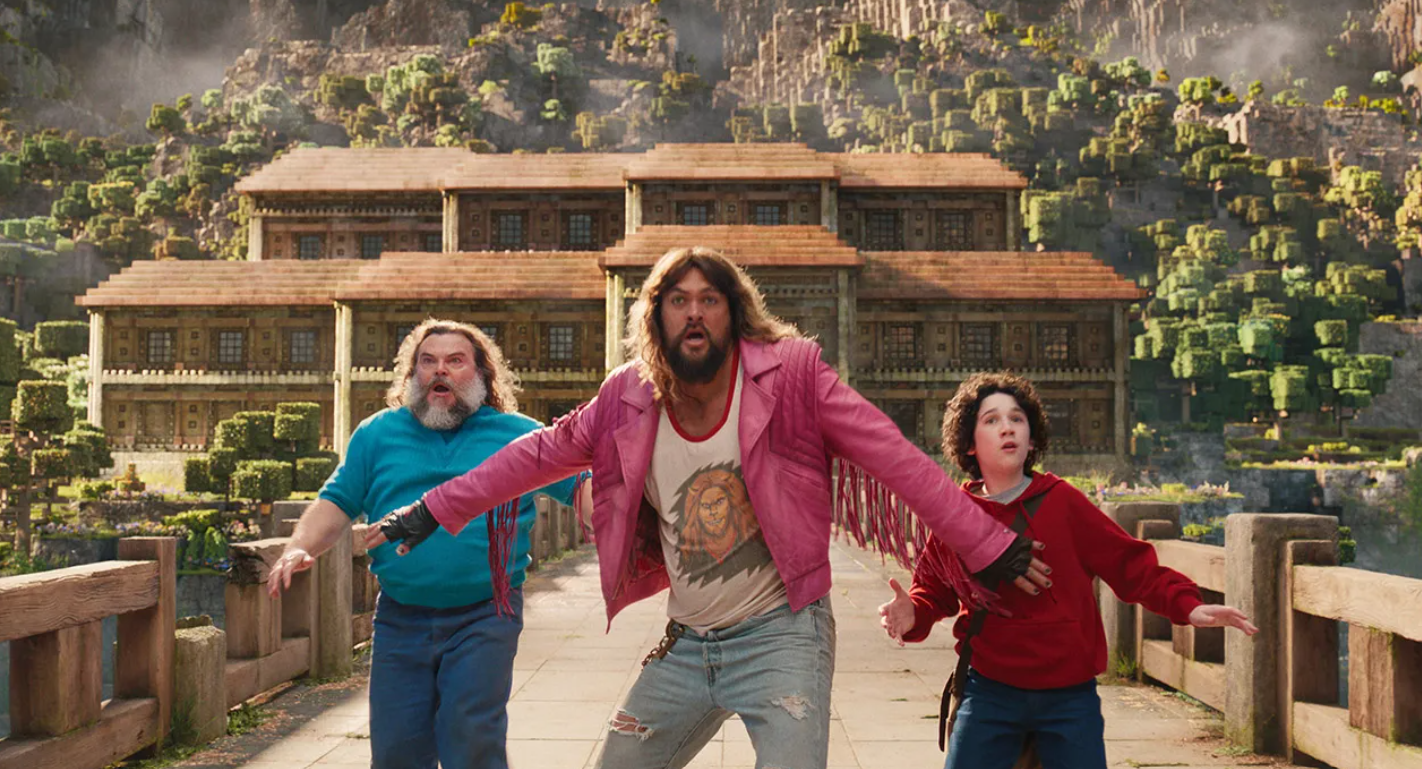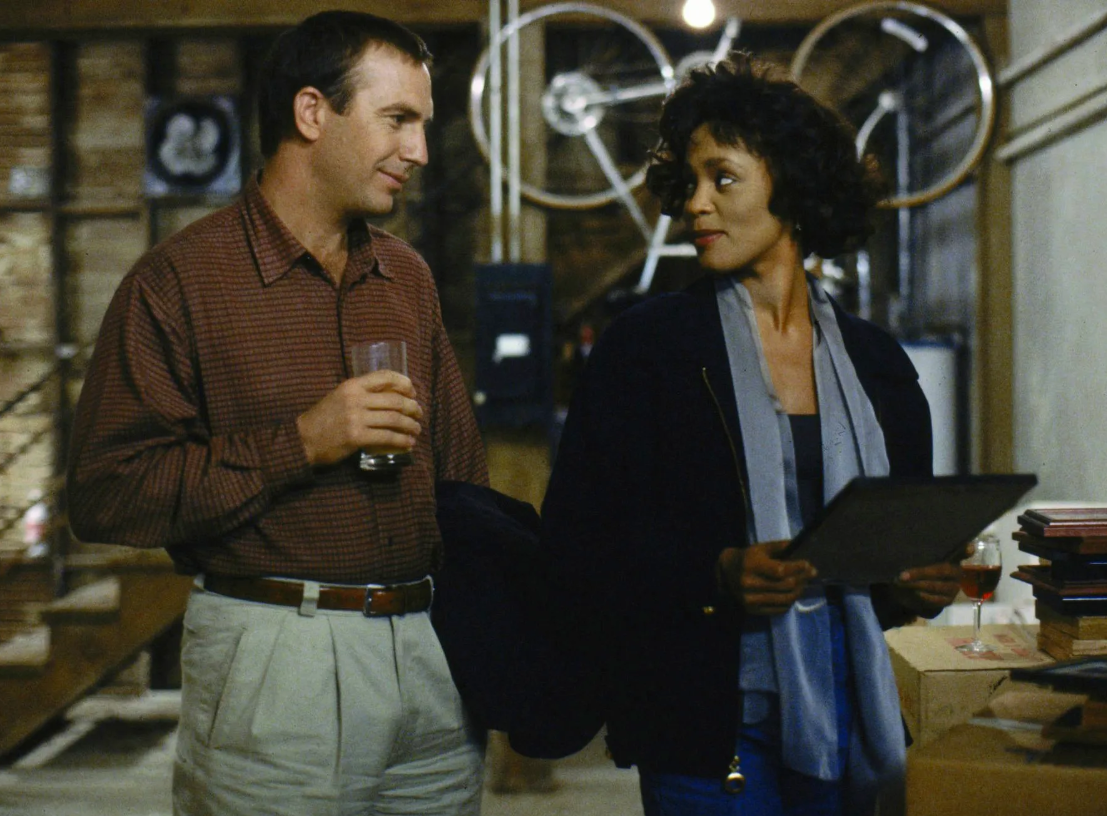‘Oppenheimer’ Climax Breakdown: What Cillian Murphy’s Last Line in the Christopher Nolan Movie Meant

via Imago
Credits: Imago
“Now I am become death, the destroyer of worlds.” No other line could perhaps better explain the journey, Father of Atomic Bomb, J. Robert Oppenheimer had in Christopher Nolan’s movie (and in real life). What started as an ambition, a passion, and an outlet for the visions that haunted him eventually resulted in being the very cause of his destruction and that of many lives. While the Cillian Murphy starrer drives this point home, its ending raises a bigger question while painting the picture of our world—A world that the scientist helped create.
As is the case with every Nolan movie, the ending leaves you vexed and thinking.
Warning: Major spoilers ahead; proceed only if you have watched the film.
ADVERTISEMENT
Article continues below this ad
A naïve and ambitious scientist to “destroyer of worlds”
When we meet a pre-atomic bomb Robert Oppenheimer, we see a brilliant scientist with a casual interest in communism but a bigger capacity for scientific curiosity. We see him go from fumbling with lab apparatus to leading the Manhattan Project. Two things motivate him to leave behind his communist ties and create the atomic bomb: his ego as a scientist and his love for his community and country. The latter is what he uses to convince other scientists to get on board. In one part of the movie, Murphy’s dialogue goes, “I don’t know if we can be trusted with this, but I know N*zis can’t be.”

via Imago
Credits: Imago
Gradually, as many involved in the project start raising questions about the m0rality of building a bomb, Oppenheimer’s ready response was one of the two. The first one was beating the German troops. And when that was no longer a viable answer, he went with, “This bomb will be the end of all wars.” However, when the Trinity test took place and he saw the explosion right in front of him, he was unnerved. He knew he had created a weapon that could destroy the world.
In the silence that followed the implosion and the celebration that followed the success of the weapon, Oppenheimer was in awe, but his eyes were moist out of remorse and terror. That’s when we hear the haunting verse from Bhagvat Gita for the second time in the movie. “Now I am become Death, the destroyer of worlds.”
The next time we heard it was at the climax of the movie.
Oppenheimer ending explained
The climax of Oppenheimer reveals how Lewis Strauss (played by Robert Downey Jr) orchestrated the revoking of the scientist’s security clearance out of a grudge. His karma catches up with him, though, when he is denied a place in the Cabinet. Towards the end, we also finally get to hear the conversation between Albert Einstein and Robert Oppenheimer, which evidently sowed the seeds of Strauss’ animosity towards the scientist.
via Imago
Credits: Imago
Contrary to Strauss’ belief, the two scientists weren’t talking about him. Instead, Einstein and Oppenheimer were discussing the same unfortunate fate they shared through their work. During this conversation, the German-born physicist pointed out to the American physicist how the world will punish him for his invention before forgiving him with medals and honor—they will do so not for him but for themselves. We see a montage of the same. In response, Oppenheimer recalls their previous conversation about potential world-destroying chain reactions that the A-bomb could cause.
“I believe we did,” he says with a haunting expression, while Einstein, hearing this, has a grim expression on his face. After a few moments of lingering on Oppenheimer’s face, the scene cuts to the launch of the bomb. And the world is no longer the same.
ADVERTISEMENT
Article continues below this ad
Can we forgive the invention and the inventor?
Even though Grace Randolph found it hard to sit through it, the 3-hour-long movie captures your attention from frame one. As it unravels, it shows a cautionary tale of how scientific curiosity can turn deadly in the hands of politicians in a warring world. But the ending does a great job of succinctly putting all of it in a few words. It also, however, raises a question: Can we forgive Robert Oppenheimer?
via Imago
Credits: Imago
The bombings of Hiroshima and Nagasaki caused over 200,000 deaths and left lingering effects to date. Keeping all that in mind, can one forgive the scientist for his invention? The answer truly depends on where they are from. For instance, the US seems to have forgiven him, as the Department of Energy reversed 1954’s decision to revoke Oppenheimer’s clearance. But will the world forgive?
ADVERTISEMENT
Article continues below this ad
The Nolan directorial doesn’t answer it because the movie is less about taking sides and more about showing the journey of a flawed man who succumbed to the whims of politicians. That leaves the answer with you, the audience. But his wife, Kitty, didn’t seem to think so. What do you think?
ADVERTISEMENT
More from Netflix Junkie on Hollywood News
ADVERTISEMENT










